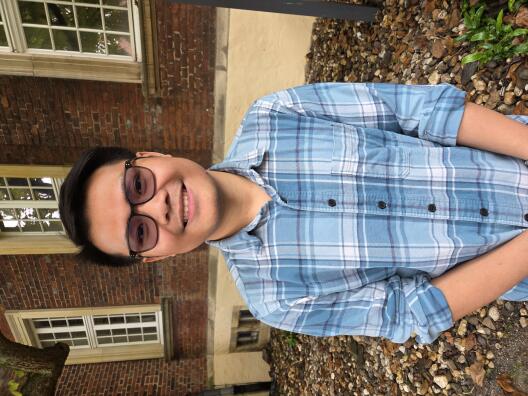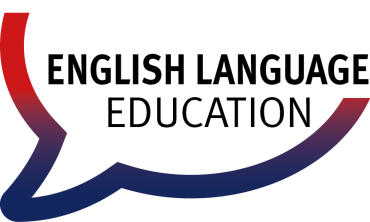Dissertation Project
Working title:
Building a Globally Aware Classroom: The Impact of Global Englishes-informed Teacher Education on In-service Teachers’ Perceptions and Practices
Abstract:
As English spreads globally as a lingua franca, localized varieties have emerged, challenging the notion that only native English varieties are legitimate and that ownership of the language resides solely with native speakers (Rose & Galloway, 2019).
English is also the most common medium of intercultural communication, facilitating exchanges across linguistic and cultural boundaries (Baker, 2017).
To enable English users to navigate the realities of a linguistically and culturally diverse world, the reconceptualization of teaching pedagogy, informed by Global Englishes (GE), is called for (Rose & Galloway, 2019).
In Vietnam, native-speaker standards for language teaching and assessment are endorsed by policymakers and classroom practitioners (Le, 2024), potentially making English classrooms fall short in preparing learners for global communication. This underscores the importance of teacher education in equipping teachers to supplement classroom practices with GE principles. Previous studies on GE-informed teacher education (Farzi et al., 2021; Schreiber & Jansz, 2024) show an impact on teachers’ perceptions; however, there is a notable lack of research examining both pre- and post-training data to explore long-term shifts in teachers’ perceptions and how these changes manifest in their practices upon their return to classrooms (Rose et al., 2021).
Additionally, Southeast Asia, where English is primarily taught through formal education, is under-researched (Rose et al., 2021).
This study seeks to fill these gaps by investigating Vietnamese teachers’ pereceptions and practices from a GE perspective through data from questionnaires, interviews and observations. It also entails conducting GE-informed workshops with teachers while tracking shifts in their perceptions and practices over an academic year. By offering evidence-based strategies for GE professional development, the study provides policymakers and teacher trainers with valuable insights into how to effectively guide teachers to make a sustainable movement toward GE pedagogy. It can also encourage teachers to continuously reassess their pedagogies, stay informed about their sociolinguistic landscape, and employ practices that better reflect it.



